The government has a duty to resolve the quota debate

Equality of opportunity in public employment is a fundamental principle of state policy in the Constitution of Bangladesh. Article 29 (3), however, allows the state to make special provisions, such as reserving quota for "backward" sections of the citizens, in public employment. But these provisions cannot be made perpetual; they may be retained only until securing "adequate representation" of those sections. The current dispute on quota in public service centres mostly around the "freedom fighters' quota" (in practice, freedom fighters' generations' quota), and it should be addressed according to constitutional provisions.
Our Liberation War was a jonojuddho (people's war)—participated, assisted, helped and supported by the overwhelming majority of the population, although the list of freedom fighters comprises only those who were trained and directly engaged in the war. Can the freedom fighters be termed "backward," compared to the rest of the supporting population, among which millions lost their lives or limbs or suffered immensely in doing this? If yes, what percentage of quota do the listed freedom fighters deserve, and when can we say that their "adequate representation" is secured?
Our first government under Bangabandhu Sheikh Mujibur Rahman partly addressed this question when the Interim Recruitment Rules were framed in September 1972, and accordingly a few hundred freedom fighters were appointed through the quota system in 1973. The freedom fighters did not have equal comfort, mindset, and preparation when they sat for the competitive exams right after the Liberation War and, accordingly, this interim provision should be considered justified. But the successive governments continued this provision without much dissent in society, until the Awami League government made a number of decisions to extend this quota and delimit merit-based appointment. Among those, the freedom fighter quota was extended first to the children of freedom fighters in 1997, and later to the grandchildren of the freedom fighters in 2011. In addition, it was decided that if the quota cannot be filled up by qualified freedom fighters, it would be kept vacant and would not be filled up from the merit lists.
In response to a massive movement against these provisions for the freedom fighters' descendants, the government in 2018 hastily scrapped the quota system, although the demand then was for reform, not abolition. The High Court has very recently set aside the government circular of abolishing the quota system for freedom fighters, and this order has been suspended only for one month by the Appellate Division, pending disposal of the case which may take an uncertain period of time given the backlog of cases there. The student protesters, however, have demanded that this issue be resolved by the government, and based on that they have decided to continue their movement for the quota system reform.
I believe the government has at least one thing to do now. The government still has the option to issue a new circular reforming the quota system abolished in 2018. The reformed system, for example, can keep a quota for the generations only of physically disabled or martyred freedom fighters (as a disadvantaged group of citizens), physically disabled persons and small ethnic groups, which I believe should not exceed 15 percent in total. Nothing can bar the government from amending its policy decision if it does not contradict with the constitution.
We must remember that the quota in the constitutional scheme is not a "reward." It is a special provision to secure equality among the unequal, but not for creating more inequality.
Dr Asif Nazrul is a professor of law and researcher on constitutional and environmental laws.
Views expressed in this article are the author's own.
Follow The Daily Star Opinion on Facebook for the latest opinions, commentaries and analyses by experts and professionals. To contribute your article or letter to The Daily Star Opinion, see our guidelines for submission.

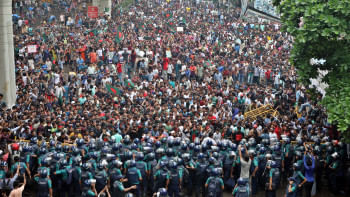
 For all latest news, follow The Daily Star's Google News channel.
For all latest news, follow The Daily Star's Google News channel. 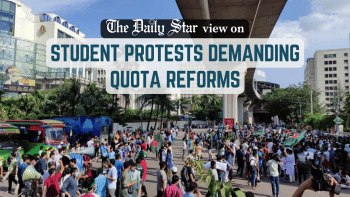
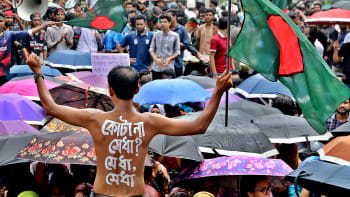


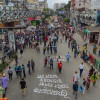

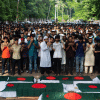
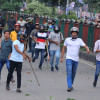
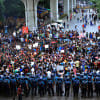


Comments